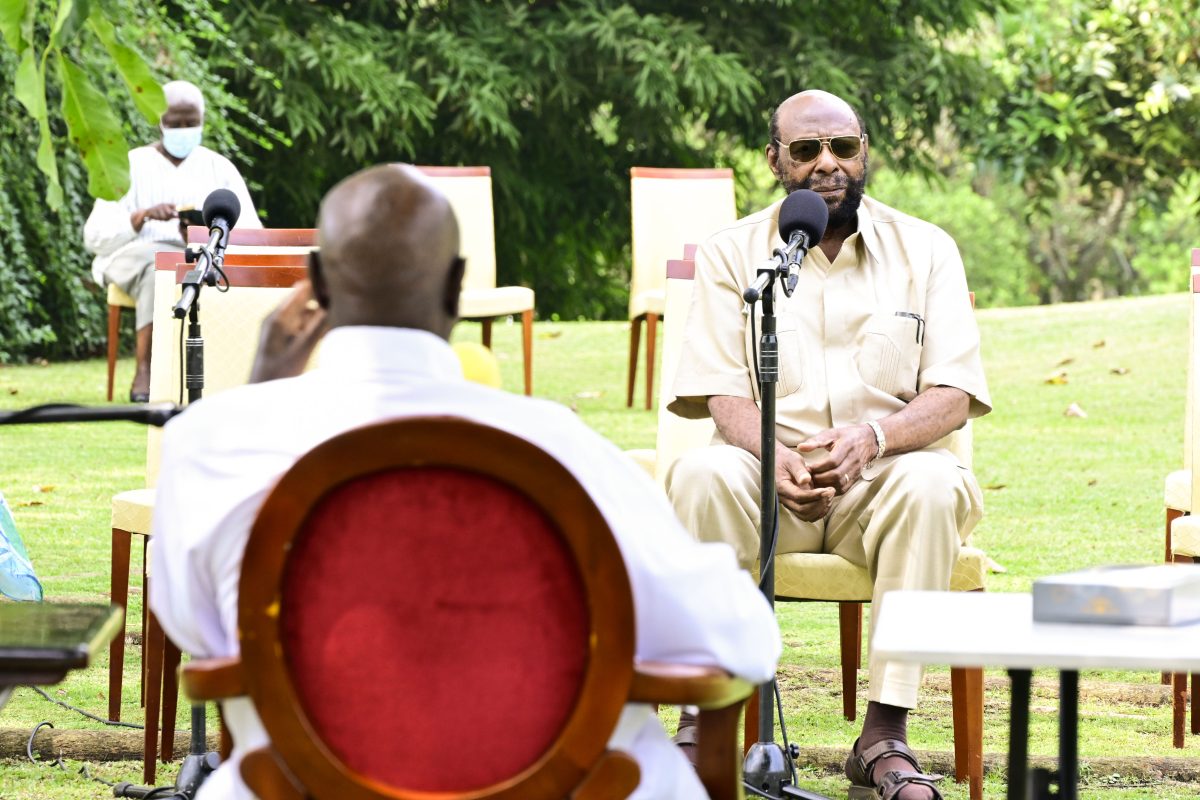President Yoweri Museveni has underscored the pivotal role of empowered Somali youth in safeguarding their nation both militarily and ideologically.
Museveni also emphasized the significance of patriotism and Pan-Africanism as catalysts for national unity and development, foreseeing guaranteed progress if embraced by Somali youth.
These sentiments were expressed during a meeting with H.E Prof. Sam Tulya-Muhika, Uganda’s Ambassador to Somalia, at State House, Entebbe, on Monday.
In the discourse, President Museveni highlighted the importance of intellectual perception, drawing parallels with historical figures like Julius Nyerere and Tom Mboya, who championed the East African Federation amidst external pressures.
Recalling his experience training Somali soldiers at Lake Albert, Museveni advocates for individuals motivated by intellectual identity rather than financial gains.
“When we were training Somali soldiers at Lake Albert, I inquired and was told that some students had come back from London to join, so you get those type of people who are now motivated by the identity of Somalia intellectually not because they are making money and let them be part of the movement that is ideological driven,” he noted.
On his part, Ambassador Muhika expressed gratitude for Museveni’s guidance and revealed Somalia’s contemplation of establishing a students’ movement.
Pointing out the potential contribution of Somalis who studied in Uganda, Muhika is optimistic about their involvement in the initiative, citing ex-students from various institutions.
“There is a good number of ex- students in Somalia who have studied from Uganda; in Islamic university, Makerere University and others. We can therefore consider using them for this good cause,” he asserted.
With the conversation between the parties extending beyond ideological matters, encompassing diplomatic, political, defense, and trade consultations, this collaborative effort signals a commitment to fostering growth and stability in both countries.
Notably, Somalia joined the East African Community last year, becoming its eighth member.

